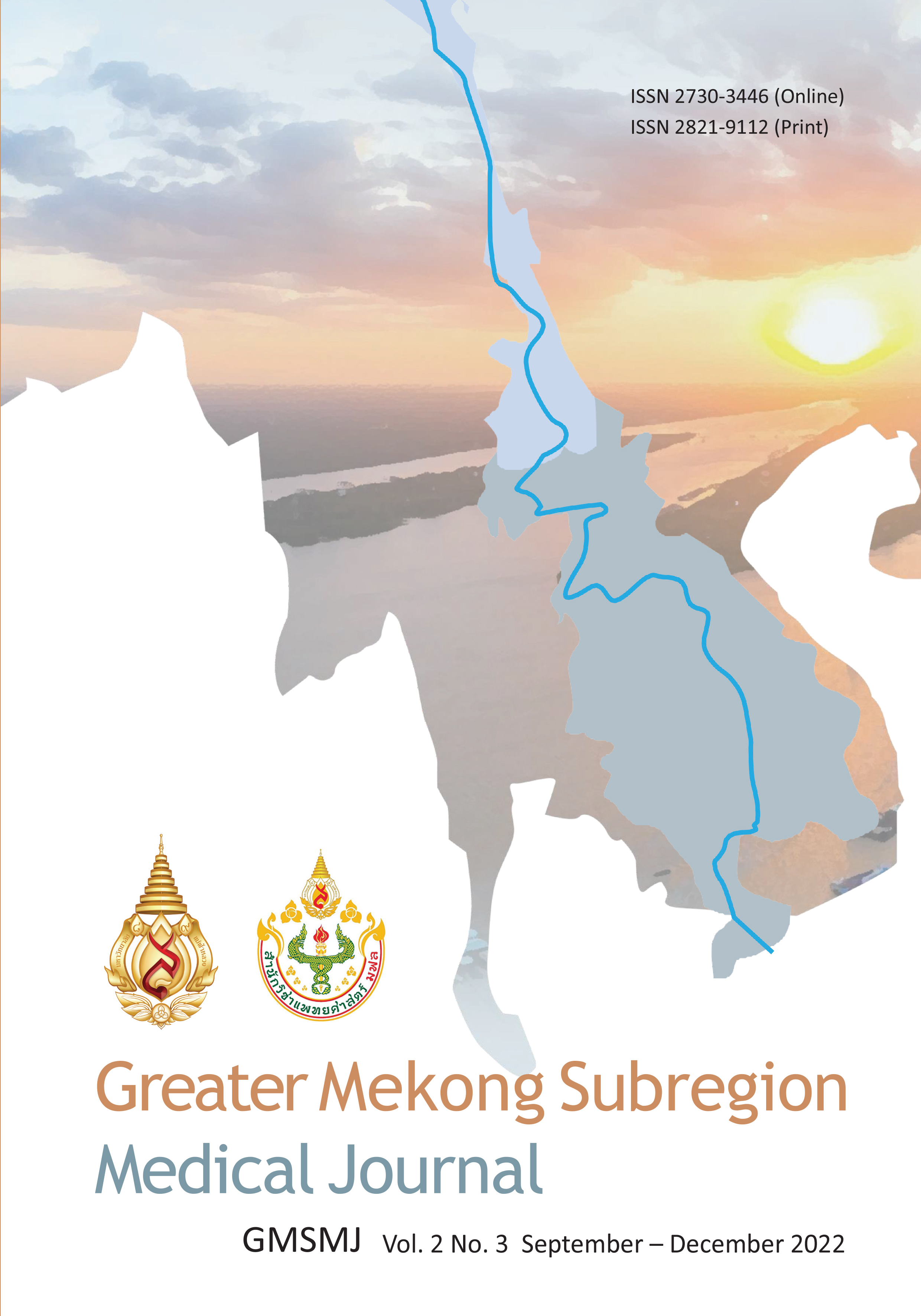Comparison of Suction Drain and Corrugated Drain after Hydrocele Surgery
Keywords:
Hydrocele, Surgery, Complications, Corrugated drain, Suction drainAbstract
Background: Corrugated drain is conventionally used after hydrocele surgery to prevent hematoma formation. However, it may not prevent hematoma, may result in retrograde infection and requires frequent change of dressings.
Objective: To prove the hypothesis that close system suction drain will avoid these problems.
Patients and methods: Fifty patients with 60 hydroceles (10 patients had bilateral hydroceles) were operated by Jaboulay procedure. They were randomized into study group (suction drain; n = 31) and control group (corrugated drain; n = 29 patients). Outcome measures included hematoma, seroma, surgical site infection, frequency of change of dressings and Visual Analogue Score for pain.
Results: Incidence of hematoma, seroma, surgical site infection and Visual Analogue Score was similar in both groups. However; dressing change was not required in the study group.
Conclusion: Suction and corrugated drains are equally effective following hydrocele surgery, but suction drain has the advantage of no dressing change.
References
Tsai L, Milburn PA, Cecil CL 4th, et al. Comparison of Recurrence and Postoperative Complications Between 3 Different Techniques for Surgical Repair of Idiopathic Hydrocele. Urology. 2019; 125: 239-42.
Swartz MA, Morgan TM, Krieger JN. Complications of scrotal surgery for benign conditions. Urology. 2007; 69 (4): 616-9.
Kiddoo DA, Wollin TA, Mador DR. A population-based assessment of complications following outpatient hydrocelectomy and spermatocelectomy. J Urol. 2004;171: 746-8.
Hicks N, Gupta S. Complications and risk factors in elective benign scrotal surgery. Scand J Urol. 2016; 50 (6): 468-71.
Capuano GP, Capuano C. Surgical management of morbidity due to lymphatic filariasis: the usefulness of a standardized international clinical classification of hydroceles. Trop Biomed. 2012; 29 (1): 24-38.
Lord PH. A bloodless operation for the radical cure of idiopathic hydrocele. Br J Surg. 1964; 51: 914-6.
Oesterling JE. Scrotal surgery: a reliable method for the prevention of postoperative hematoma and edema. J Urol. 1990; 143 (6): 1201-2.
Mandler JI. An improved scrotal pressure dressing. J. Urol. 1966; 96: 235.
Haas GP, Melser M, Miles BJ. Method of circumferential pressure dressing of scrotum following bilateral orchiectomy. Urology. 1989; 33 (5): 429-30.
Manson AL, MacDonald G. “Turban” scrotal dressing. J Urol. 1987; 137 (2): 238-9.
Nieh PT, Kerr WS Jr. Simple scrotal compression dressing. Urology. 1984; 23(1): 73.
Bourke JB, Balfour TW, Hardcastle JD, Wilkins JL. A comparison between suction and corrugated drainage after simple mastectomy: a report of a controlled trial. Br J Surg. 1976; 63 (1): 67-9.
Makama JG, Ameh EA. Surgical drains: what the resident needs to know. Niger J Med. 2008; 17 (3): 244-50.
Downloads
Published
How to Cite
Issue
Section
License
Copyright (c) 2022 Greater Mekong Sub-region Medical Journal

This work is licensed under a Creative Commons Attribution-NonCommercial-NoDerivatives 4.0 International License.






